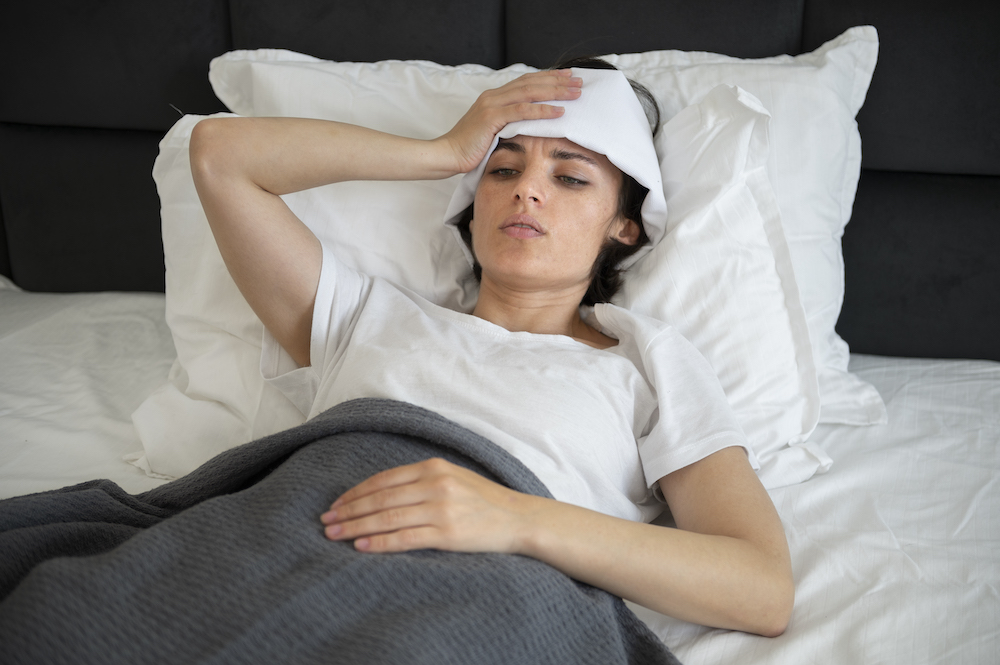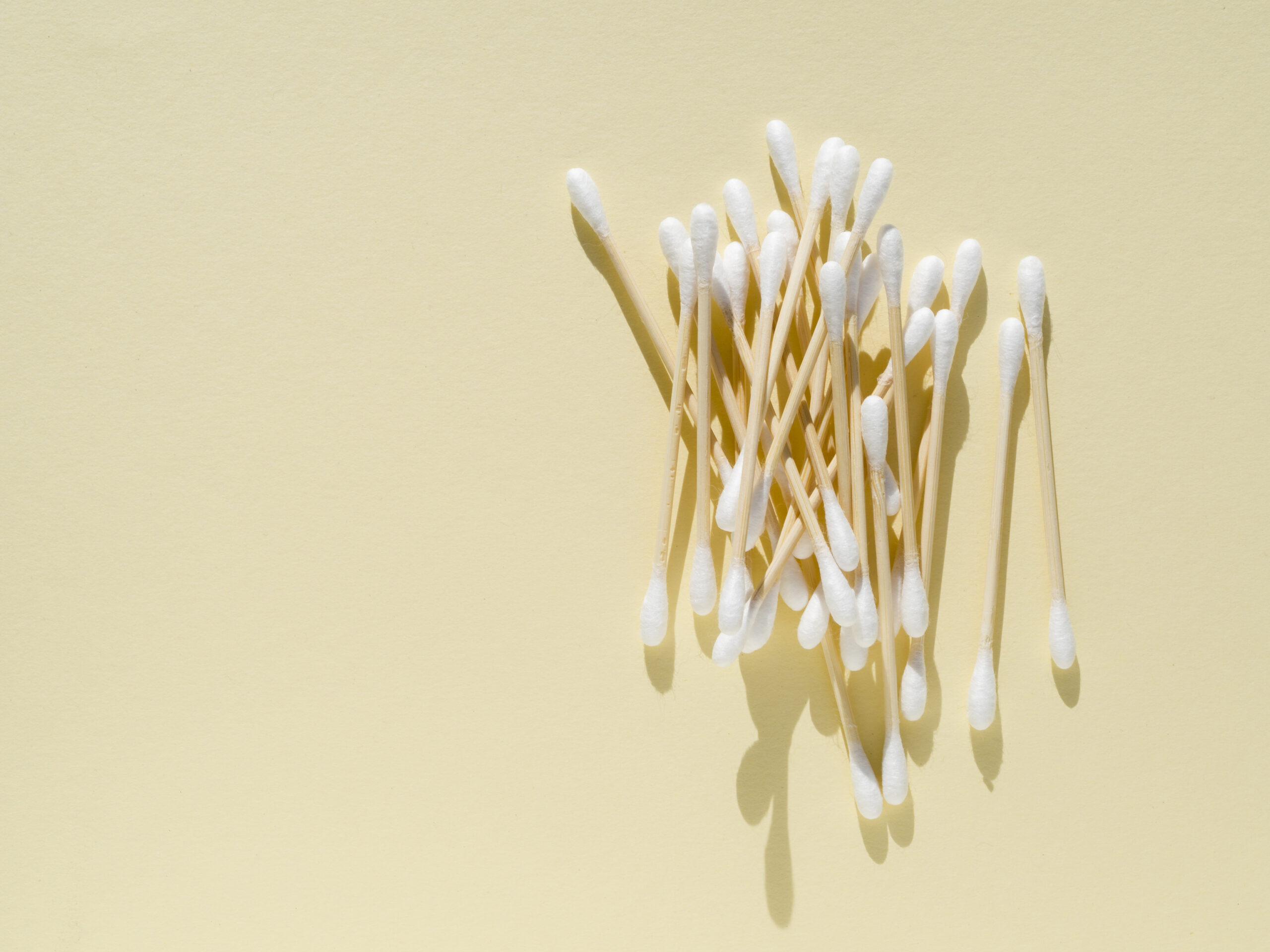Battling night sweats: understanding the causes and finding relief

Picture this: you wake up in the middle of the night, drenched in sweat, your pyjamas clinging uncomfortably to your body. Night sweats can be disruptive, leaving you feeling exhausted and frustrated. But fear not! In this blog, we will explore the causes behind night sweats and discuss potential remedies to help you regain those peaceful, sweat-free nights.
Night sweats
Night sweats, medically known as sleep hyperhidrosis, refer to excessive sweating during sleep. While it’s normal to sweat during sleep to regulate body temperature, night sweats involve soaking through your clothes and bedding, causing discomfort and disturbance. Various factors can contribute to night sweats, including:
Hormonal imbalances
Fluctuations in hormones, such as those experienced during menopause, can trigger night sweats. In women, oestrogen levels decline during menopause, affecting the hypothalamus, the part of the brain responsible for body temperature regulation.
Infections
Certain infections, like tuberculosis, human immunodeficiency virus (HIV), and endocarditis (infection of the heart valves), can lead to night sweats. The body’s immune response to these infections can cause excessive sweating during sleep.
Medications
Night sweats are a potential side effect of certain medications, such as antidepressants, hormone therapy drugs, and fever-reducing medications.
Anxiety and stress
Emotional factors like anxiety, stress, and nightmares can trigger night sweats. These conditions activate the body’s fight-or-flight response, leading to increased sweating.
Sleep disorders
Conditions like sleep apnoea and night terrors can induce night sweats. The interruptions in normal sleep patterns and associated physiological responses can cause excessive sweating.
What can you do?
While it’s important to address the underlying causes of night sweats, several remedies and lifestyle changes can provide relief:
Maintain a cool sleeping environment
Keep your bedroom cool, well-ventilated, and use breathable bedding. Opt for moisture-wicking sheets and lightweight sleepwear to minimize discomfort caused by night sweats.
Choose the right bedding
Natural fibres like cotton and bamboo allow better air circulation and moisture absorption, reducing the discomfort associated with sweating. Avoid synthetic materials that trap heat.
Practice good sleep hygiene
Follow a regular sleep schedule, maintain a relaxing bedtime routine, and create a calm sleep environment. Avoid stimulating activities, caffeine, and heavy meals before bed.
Dress lightly
Wear loose-fitting, lightweight clothing made from breathable fabrics that promote air circulation and help regulate body temperature.
Manage stress and anxiety
Incorporate stress-reducing techniques into your daily routine, such as mindfulness meditation, deep breathing exercises, or engaging in calming activities like reading or taking a warm bath before bed.
Stay hydrated
Proper hydration is crucial for overall health and can help regulate body temperature. However, avoid consuming excessive fluids close to bedtime to prevent disruptions from bathroom visits.
Consult a healthcare professional
If your night sweats persist or are accompanied by other concerning symptoms, it’s essential to seek medical advice. A healthcare professional can help identify any underlying medical conditions or suggest appropriate treatment options.
Night sweats can disrupt your sleep and leave you feeling fatigued and uncomfortable. By understanding the potential causes and implementing lifestyle changes, you can find relief and improve the quality of your sleep. Remember, if your night sweats persist or are accompanied by concerning symptoms, it’s always best to consult with a healthcare professional for an accurate diagnosis and appropriate treatment. Don’t let night sweats rob you of your restful slumber; take charge of your sleep and wake up refreshed and revitalized!


